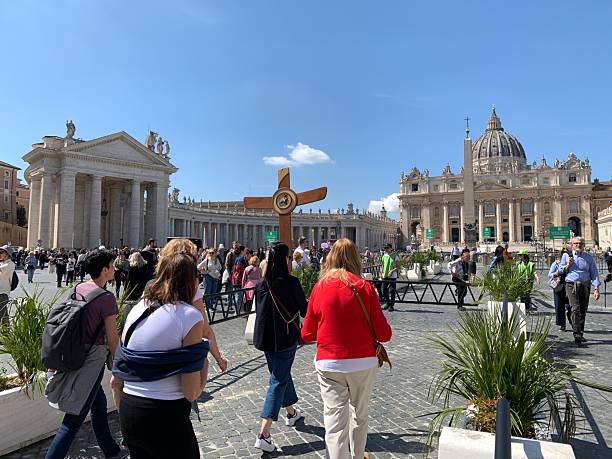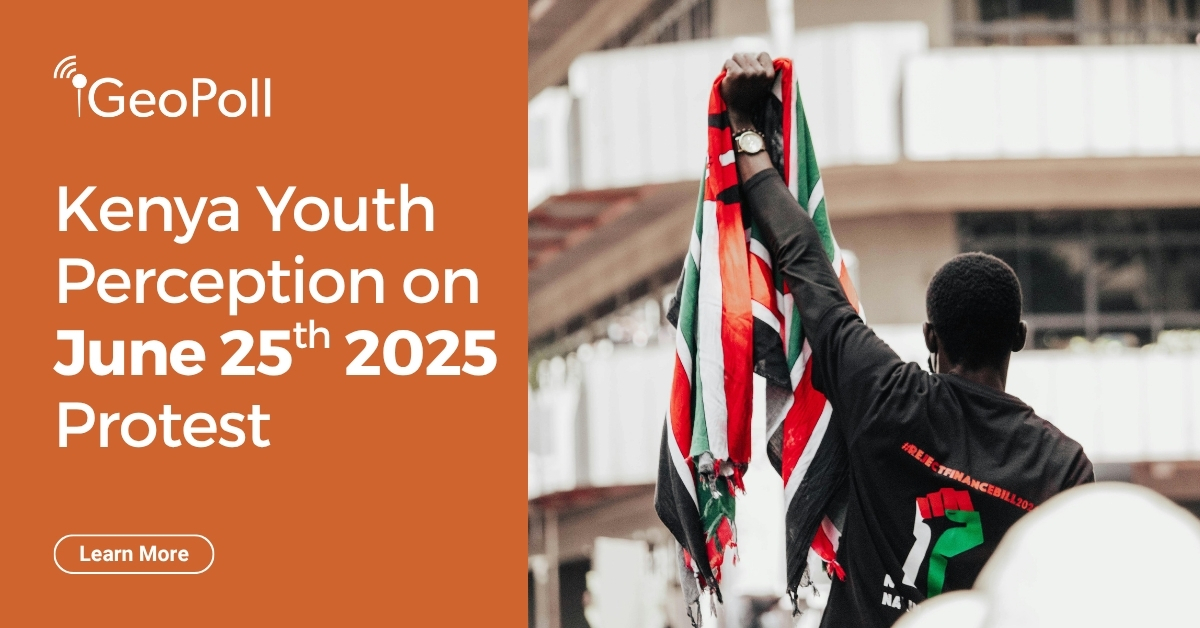Introduction
A Vatican Visit is a pivotal event in international relations, blending diplomacy with moral leadership. When a national leader visits the Vatican, it signals more than just political alignment; it highlights the importance of shared values such as justice, peace, and human dignity. This type of engagement provides unique opportunities for collaboration, particularly in areas like education, healthcare, and social harmony. The Vatican’s global network allows for real partnerships that address pressing issues in communities worldwide. In this article, we explore 7 powerful benefits of a Vatican Visit and how it can drive meaningful national development.
Vatican Visit: Strengthening Global Diplomacy Through Moral Leadership
A Vatican Visit is more than just a diplomatic exchange; it is an opportunity to strengthen a nation’s position on the global stage by aligning its policies with moral values. The Pope’s influence transcends religious boundaries, and his support can significantly enhance a nation’s diplomatic credibility. When leaders meet the Pope, they demonstrate a commitment to issues such as human rights, social justice, and global peace. This moral leadership strengthens a nation’s diplomatic efforts by attracting support from international communities and organizations focused on humanitarian work. In a world where power dynamics are shifting, aligning with the Vatican helps reaffirm a nation’s commitment to ethical governance. Moreover, the Vatican has established relationships with countries across the globe, facilitating dialogue that can resolve conflict and build alliances based on shared values of compassion, equality, and solidarity.
Vatican Visit: Driving Education Reforms and Building Human Capital
Education is a key area of focus during a Vatican Visit because faith-based institutions, including Catholic schools, contribute significantly to global education systems. By meeting with the Pope, national leaders can reinforce their commitment to education reforms and build bridges between government policies and faith-based educational networks. Faith-based schools often cater to marginalized communities, offering education to children in rural areas, impoverished regions, and conflict zones. Leaders can work with the Vatican to expand educational opportunities, improve teacher training, and develop curricula that emphasize not only academic excellence but also moral values such as empathy and civic responsibility. These partnerships benefit both the private and public sectors, creating sustainable education systems that promote long-term human capital development. By addressing gaps in access to quality education, a Vatican Visit ensures that the next generation is equipped with the tools they need for success, making education a catalyst for national development.
Vatican Visit: Enhancing Healthcare Systems and Access to Services
During a Vatican Visit, discussions often turn to healthcare, as the Vatican is deeply involved in the provision of health services worldwide. Catholic organizations run hospitals, clinics, and health programs that provide critical care in underserved communities, often in regions with limited access to government-run facilities. The Vatican’s healthcare outreach focuses on maternal health, child welfare, and chronic disease management, areas that are often neglected by mainstream healthcare systems. National governments can collaborate with the Vatican to enhance healthcare delivery, integrating faith-based institutions into the national health infrastructure. This cooperation can improve the accessibility of healthcare services, reduce inequalities, and address health crises more effectively. Additionally, the Vatican’s emphasis on the dignity of every person reinforces the importance of providing high-quality care for all citizens, especially the most vulnerable. As healthcare systems around the world face increasing pressure, a Vatican Visit provides an opportunity to forge meaningful partnerships that benefit public health.
Vatican Visit: Facilitating Social Reconciliation and Unity
A Vatican Visit plays a critical role in promoting social reconciliation, particularly in societies recovering from conflict or divisions. The Vatican’s long history of promoting peace and social justice provides a strong foundation for national efforts to foster unity. Faith-based organizations are often at the forefront of reconciliation initiatives, providing support for victims of violence, facilitating dialogues, and helping communities heal from trauma. A visit by a national leader to the Vatican signals a commitment to addressing past wrongs and fostering understanding across social, ethnic, or political divides. Through this partnership, the Vatican can assist governments in establishing reconciliation programs, truth commissions, and restorative justice initiatives that help build long-lasting peace. These efforts contribute to social cohesion by encouraging forgiveness, respect, and a shared vision for the future. By investing in reconciliation, nations can lay the groundwork for a more unified society that prioritizes cooperation over conflict.
Vatican Visit: Promoting Ethical Business Practices and Sustainable Development
Sustainable development and ethical business practices are integral to a nation’s long-term prosperity. A Vatican Visit highlights the importance of aligning economic development with social responsibility. The Vatican has long been an advocate for ethical business practices, especially in areas such as labor rights, environmental sustainability, and corporate transparency. Leaders can work with the Vatican to develop frameworks that encourage businesses to act in ways that benefit not just shareholders, but also employees, communities, and the environment. The Pope has often called for a “culture of care” that prioritizes the common good over profit. By promoting ethical business practices, governments can ensure that economic growth is inclusive and sustainable. This approach benefits national development by fostering a strong, equitable economy that supports both people and the planet. A Vatican Visit, therefore, acts as a reminder that economic progress must be balanced with a commitment to justice and fairness for all.
Vatican Visit: Enhancing International Relations and Cooperation
A Vatican Visit enhances international relations by fostering dialogue between governments, faith-based organizations, and global institutions. The Vatican has unique diplomatic influence, with relationships in regions where traditional political connections may be more strained. When a leader meets the Pope, it provides an opportunity to discuss issues such as conflict resolution, poverty alleviation, and climate change—issues that require global cooperation. The Vatican can act as a mediator, helping to bridge differences and build consensus among diverse countries and stakeholders. Through these diplomatic efforts, the Vatican helps strengthen international ties and promotes peace and stability on the global stage. A strong relationship with the Vatican enhances a nation’s ability to engage with international organizations like the United Nations, making it a more effective participant in global policy discussions. This collaboration not only benefits the nation but also contributes to the greater good of the global community.
Vatican Visit: Strengthening National Identity and Shared Values
A Vatican Visit offers an opportunity to strengthen national identity by reinforcing shared values that unite citizens. By engaging with the Pope, a national leader signals their commitment to upholding values such as compassion, justice, and solidarity. These values are not only reflected in government policies but also in the daily lives of citizens. A Vatican Visit allows leaders to connect with their people on a deeper level, emphasizing the importance of unity, peace, and collective responsibility. National identity is shaped not only by economic success but also by the values that guide a society’s actions. When leaders engage with the Vatican, they reaffirm their commitment to creating a society that values the well-being of all, particularly the most vulnerable. The Vatican’s global influence also reinforces a nation’s position in the world, demonstrating that it aligns with ethical standards and promotes the common good.
FAQs
What is the significance of a Vatican Visit for national development?
A Vatican Visit helps promote national development by fostering partnerships in education, healthcare, reconciliation, and sustainable development, all guided by moral leadership.
How does a Vatican Visit influence a country’s diplomatic relations?
A Vatican Visit strengthens diplomatic ties by aligning national policies with values of peace, justice, and human dignity, fostering stronger relationships globally.
What long-term benefits can a nation expect after a Vatican Visit?
Long-term benefits include stronger global diplomatic relations, enhanced social services (education, healthcare), and a unified national identity centered on shared values.
Conclusion
A Vatican Visit serves as a powerful catalyst for national development, aligning governments with global values of peace, justice, and sustainability. By fostering collaboration in education, healthcare, and reconciliation, it opens avenues for long-term progress. The moral authority of the Vatican supports governments in implementing ethical policies and strengthening international relationships. The true impact of such a visit is seen not only in diplomatic ties but in the tangible improvements in the lives of citizens, making a Vatican Visit a critical step in building a better, more unified future.




